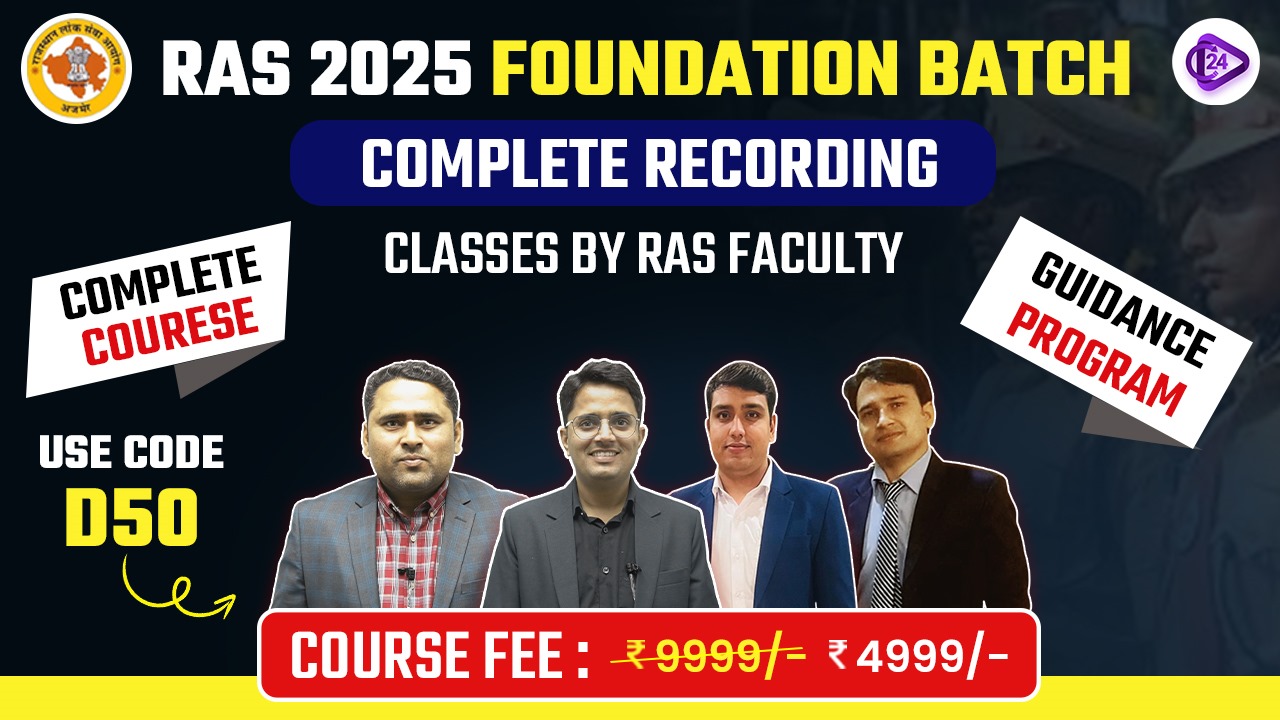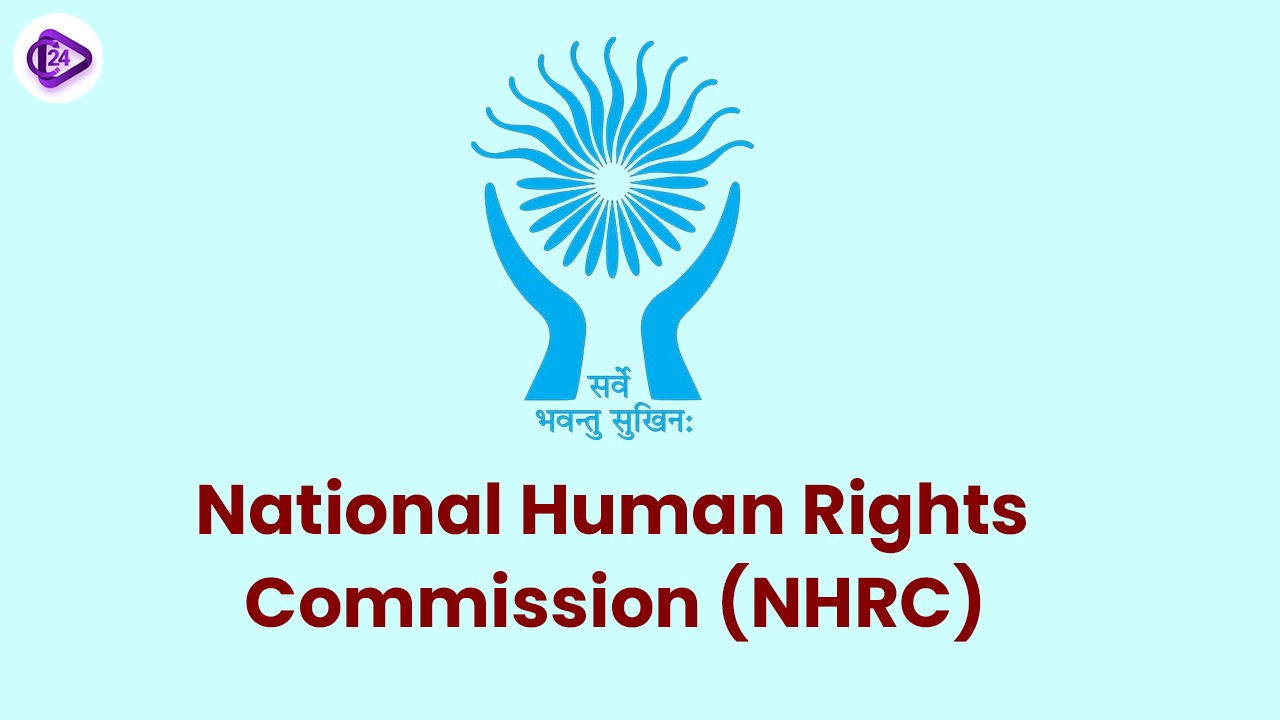
Justice V. Ramasubramanian, a judge of the apex court of India, has joined the list of NHRC chairpersons as the 9th chairperson of the commission. He will hold the position for three years, by the end of December 2027. Previously, NHRC’s chairman, Justice Arun Mishra, left his post by June 1, 2024. After this, the commission was operational with the Acting Chairperson Vijaya Bharati Sayani.
Justice Ramasubramanian's Judicial Career
-
He left as a Supreme Court judge with more than three years in the position before he stepped down on June 29, 2023.
-
He was involved mainly in this case Concerning the demonetization scheme by the Centre & quashing RBI’s cryptocurrency circular.
-
He started his legal practice in 1983, and also as Judge of various High Courts at Madras, Telangana, Andhra Pradesh and Himachal Pradesh.
Notable Previous Chairpersons: The NHRC has been chaired by former Chief Justices of India such as Ranganath Mishra, M N Venkatachaliah, J S Verma, A S Anand S Rajendra Babu K.G Balakrishnan and H L Dattu.
About National Human Rights Commission (NHRC):
Established:
-
Founded on the 12th October 1993 under the Protection of Human Right Act of 1993 (PHRA).
-
Established in 1991 in terms of the Paris Principles these were ratified by the United Nations General Assembly in 1993.
-
Statutory: A body which has been set up pursuant to the provisions of the PHRA Act, 1993.
Aim:
To foster and defend human rights as described under Section 2 1(d) of PHRA that INCLUDES the constitutions provision on rights to life, Liberty, equality and Dignity.
Composition:
Chairperson:
-
A person qualified as a judge of the Supreme Court of India, and who has been the Chief Justice of India.
Members:
-
One Ex or serving Supreme Court judge.
-
One person who is an ex or present Chief Justice of a High Court.
-
Three members, one of such members being a woman who has served in a human rights career.
-
Ex-Officio Members: Foremost officials in several national commissions, including the SC/ST, Women, Minorities, etc., and the Chief Commissioner for Disabled persons.
Amendment to Protection of Human Rights Act: Before 2019, the chairpersons of the NHRC can only be former Chief Justices of India. But in 2019 there have been some changes in the Protection of Human Rights Act which permits A retired Supreme Court judge to be a part also.
Functions and Powers:
-
Inquiry: Enquiring into breaches of human rights mainly by a servant or as a result of a failure.
-
Recommendations: Writing recommendations: Preventing and fostering violations of human rights.
-
Review of Laws: Evaluations of the human rights treaties and other international documents.
-
Research and Awareness: Fostering human rights research, production of publications, and raising awareness on the same.
-
Inspection: Pay courtesy visits to formations like jails and places of detention to ensure compliance with human rights.
Conclusion
The NHRC has very important functions in the areas of enforcement of human rights in India. Among its roles is to carry out probes into violations, advocate for change and Calder educate the public. Justice V. Ramasubramanian who was appointed as a new Chairperson will be considered as a turning point into the future of the commission. Justice Ramasubramanian’s long- standing in the judicial system will help NHRC transform into a more powerful human rights watchdog organisation across the nation embarking on the principles of his predecessors.




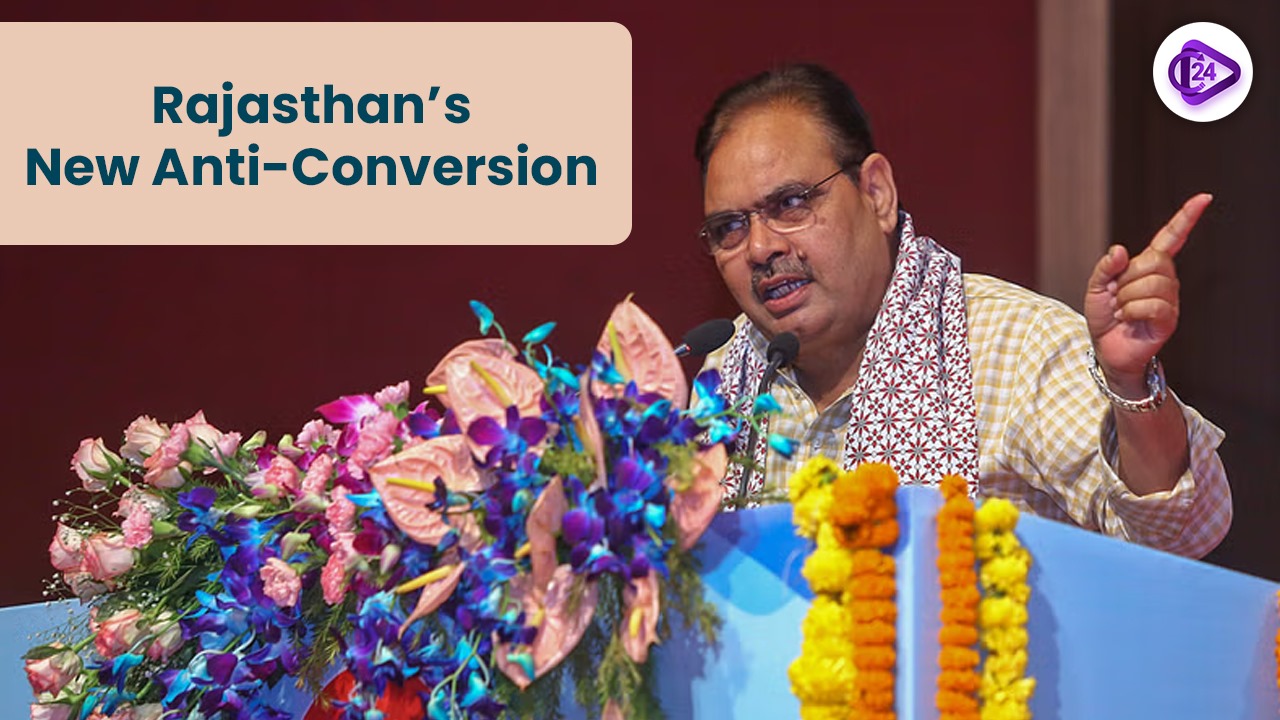 Rajasthan Anti-Conversion Law 2025 Strengthens Religious Safeguards
Rajasthan Anti-Conversion Law 2025 Strengthens Religious Safeguards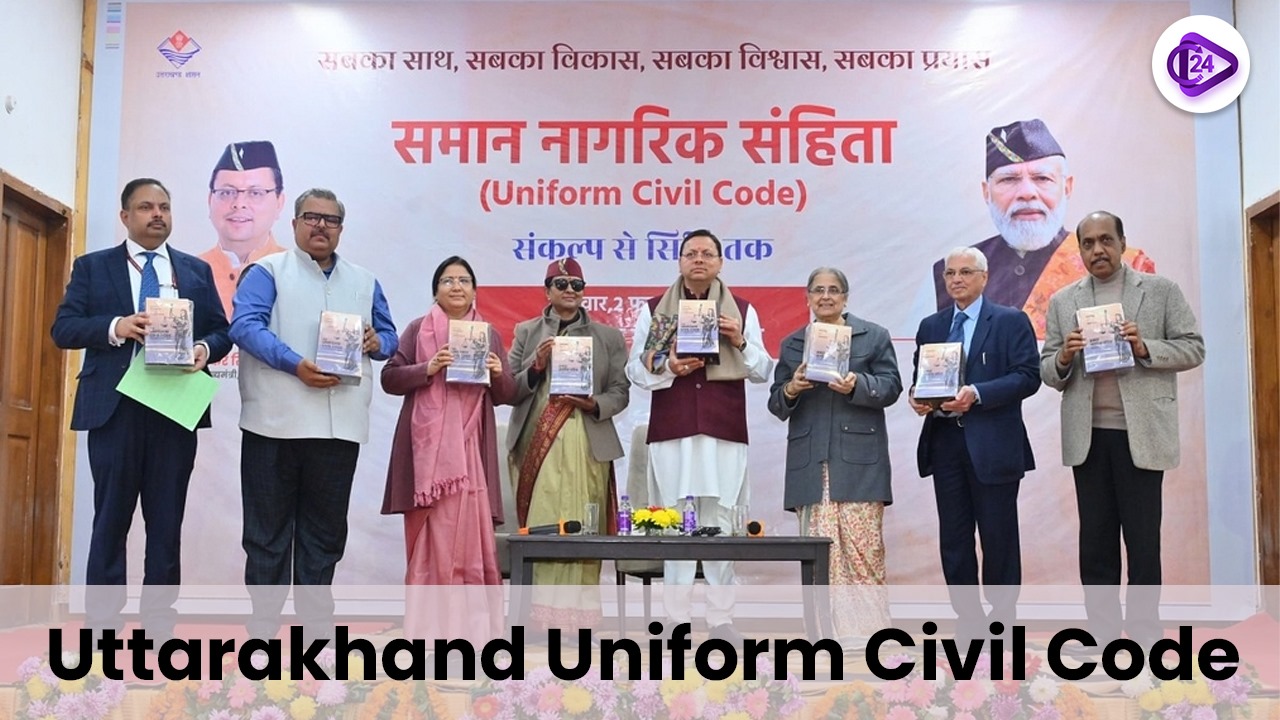 Live-in Relationships Under the UCC Act: Legal Boundaries
Live-in Relationships Under the UCC Act: Legal Boundaries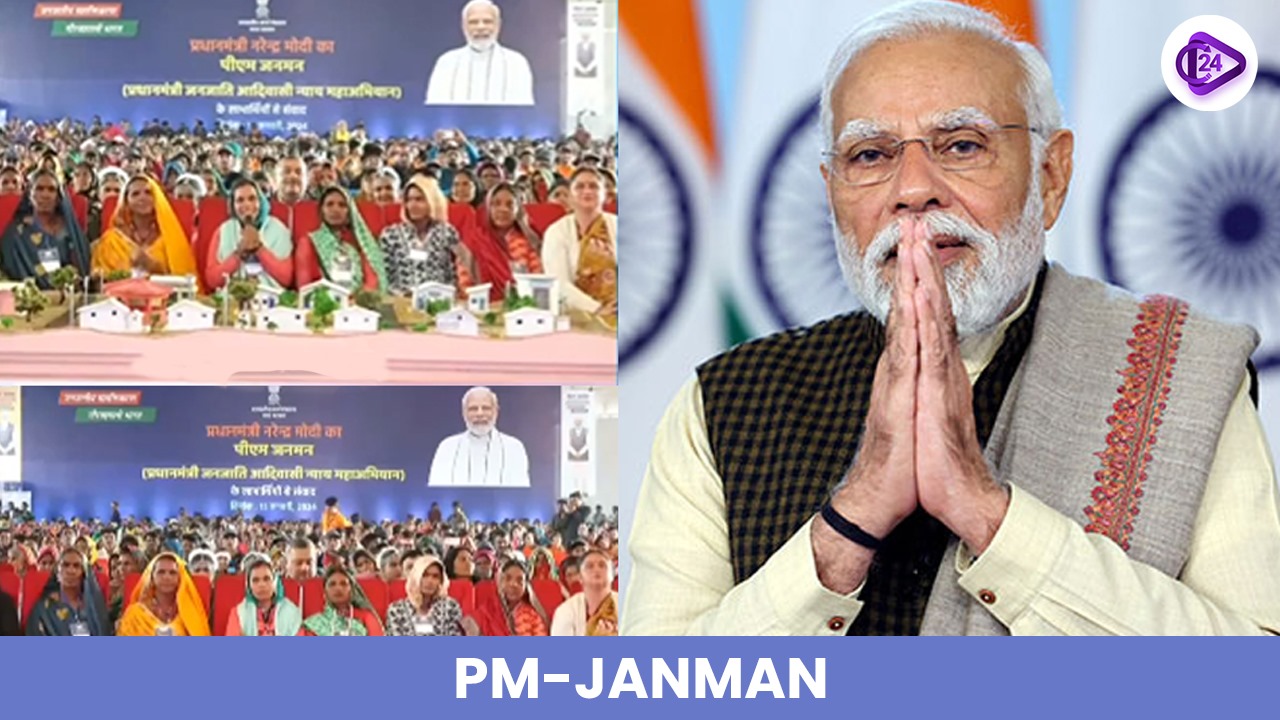 PM-JANMAN projects set to boost growth and prosperity in Maharashtra
PM-JANMAN projects set to boost growth and prosperity in Maharashtra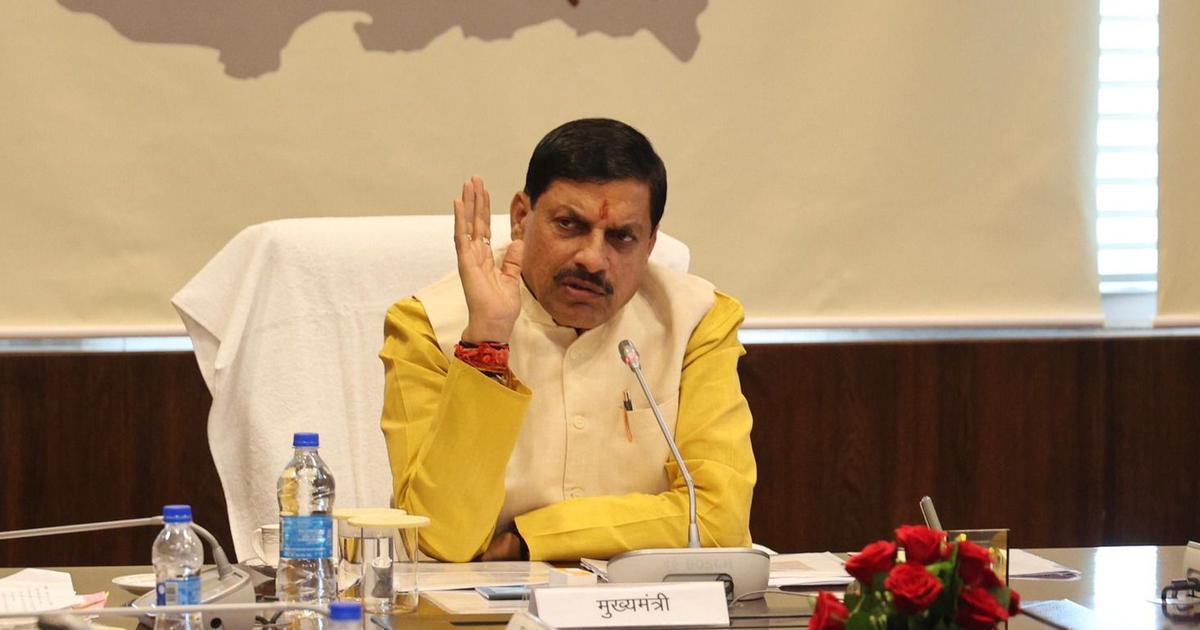 Madhya Pradesh Bans Liquor Sales in Religious Towns
Madhya Pradesh Bans Liquor Sales in Religious Towns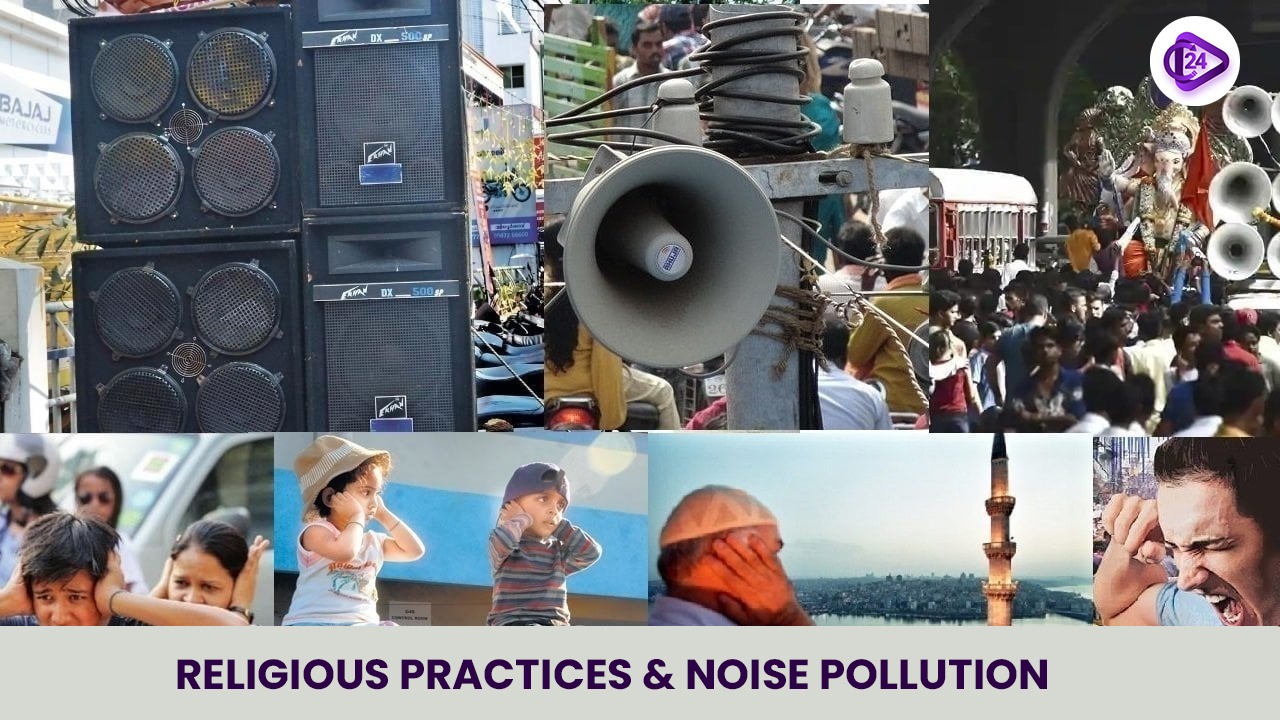 Bombay High Court Tightens Noise Rules: Loudspeakers Not Essential for Religious Practices
Bombay High Court Tightens Noise Rules: Loudspeakers Not Essential for Religious Practices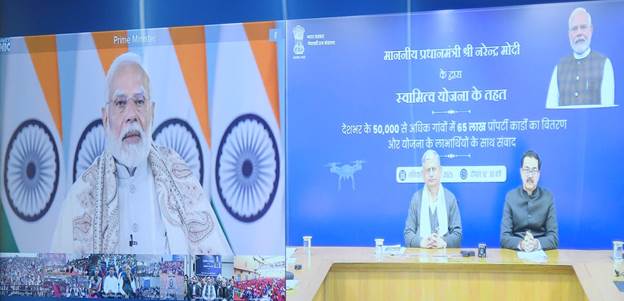 SVAMITVA Scheme to issue property cards in villages
SVAMITVA Scheme to issue property cards in villages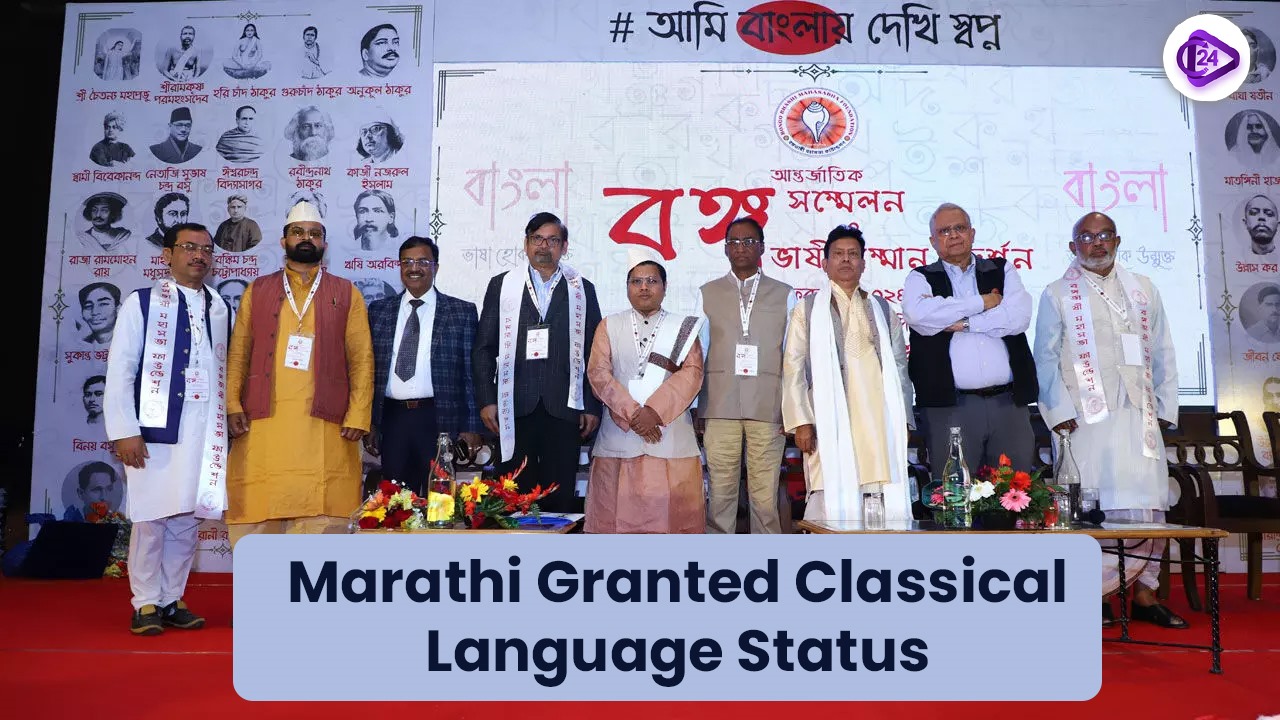 Marathi Granted Classical Language Status: A Milestone for Maharashtra
Marathi Granted Classical Language Status: A Milestone for Maharashtra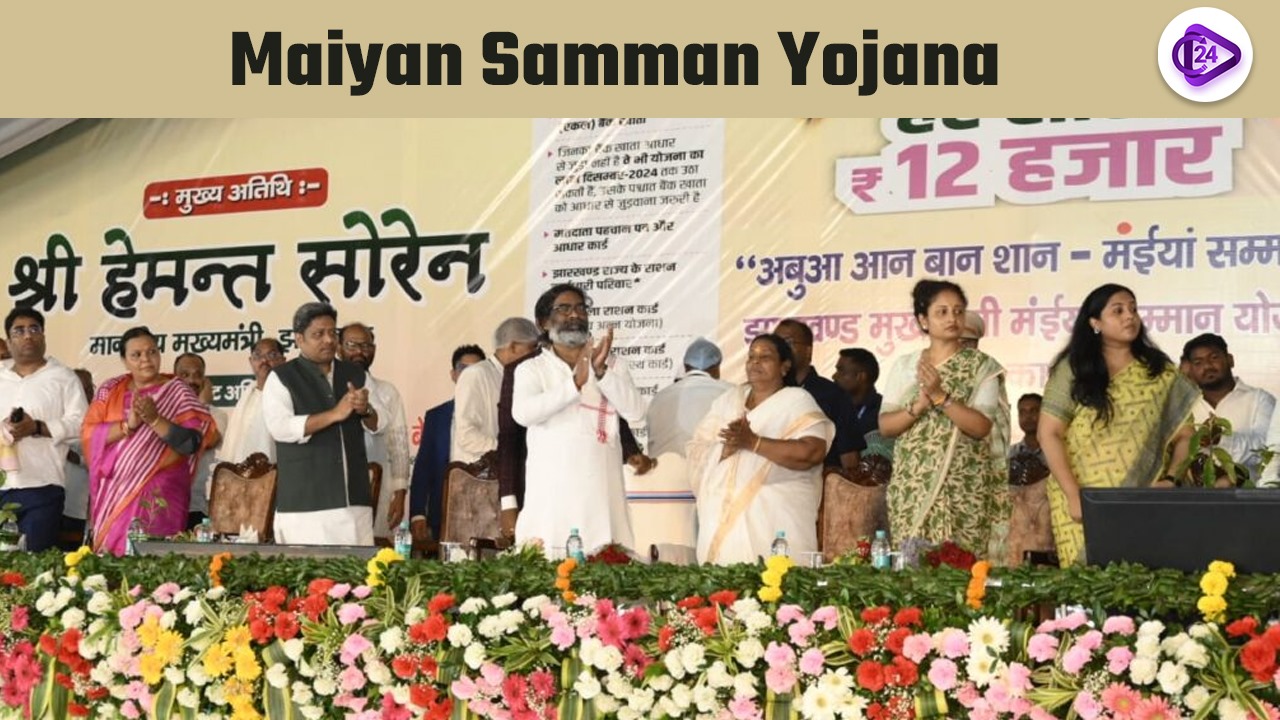 Maiyan Samman Yojana: Jharkhand Initiative for Women's Empowerment
Maiyan Samman Yojana: Jharkhand Initiative for Women's Empowerment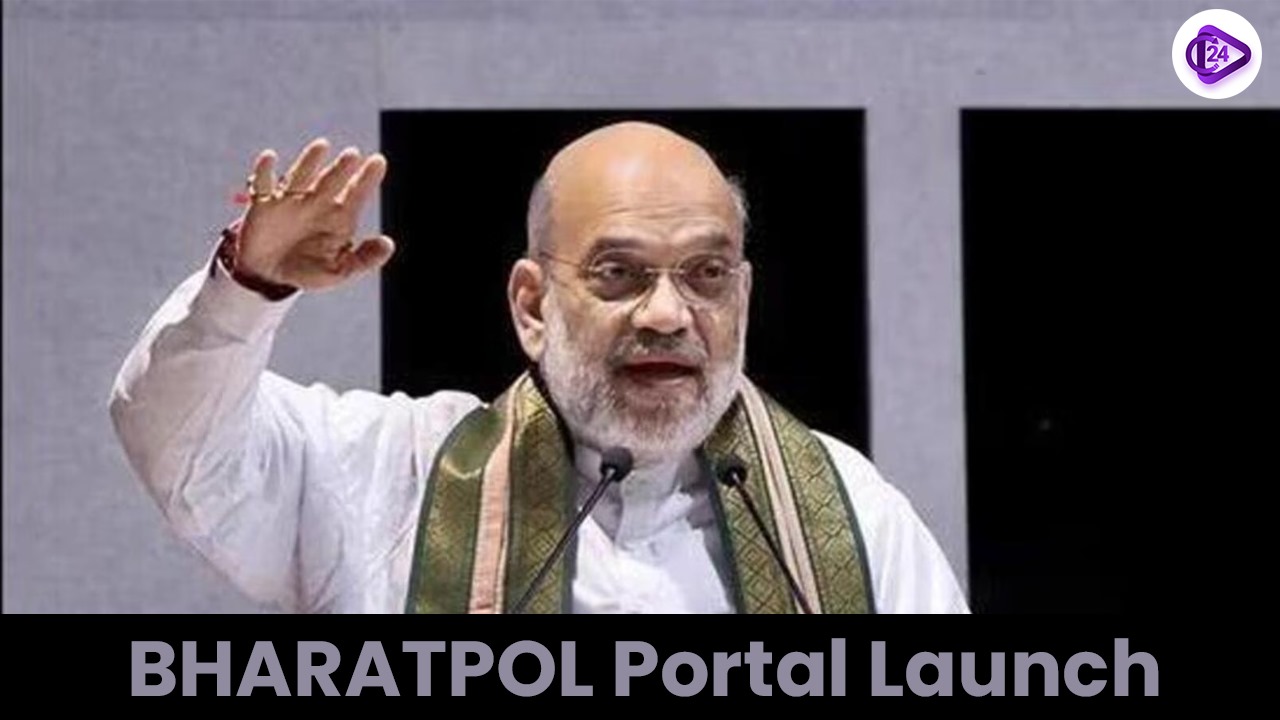 Union Home Minister to Launch BHARATPOL Portal Developed by CBI
Union Home Minister to Launch BHARATPOL Portal Developed by CBI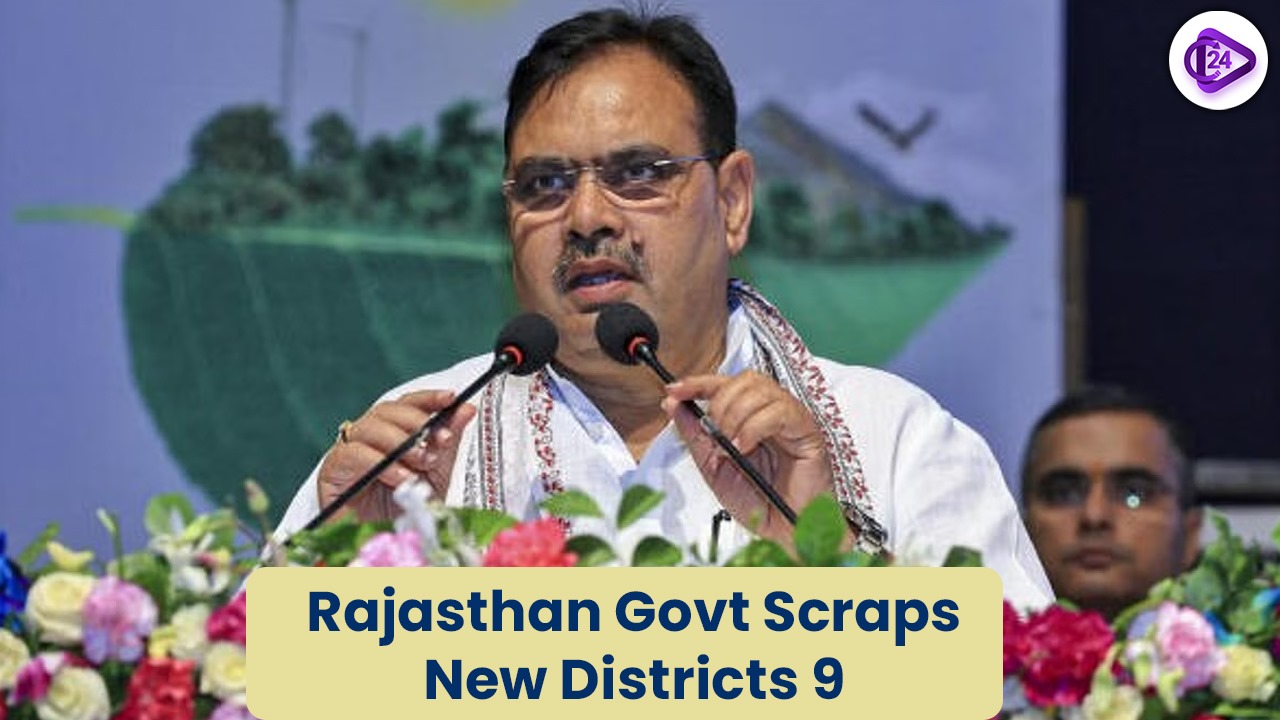 Rajasthan Government Dissolves 9 Newly Created Districts
Rajasthan Government Dissolves 9 Newly Created Districts





